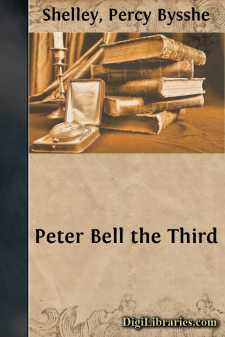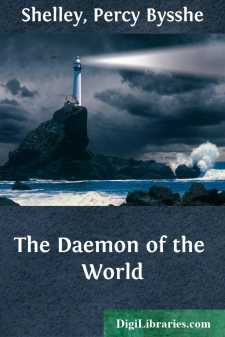Categories
- Antiques & Collectibles 13
- Architecture 36
- Art 48
- Bibles 22
- Biography & Autobiography 816
- Body, Mind & Spirit 145
- Business & Economics 28
- Children's Books 17
- Children's Fiction 14
- Computers 4
- Cooking 94
- Crafts & Hobbies 4
- Drama 346
- Education 58
- Family & Relationships 59
- Fiction 11834
- Foreign Language Study 3
- Games 19
- Gardening 17
- Health & Fitness 34
- History 1378
- House & Home 1
- Humor 147
- Juvenile Fiction 1873
- Juvenile Nonfiction 202
- Language Arts & Disciplines 89
- Law 16
- Literary Collections 686
- Literary Criticism 179
- Mathematics 13
- Medical 41
- Music 40
- Nature 179
- Non-Classifiable 1768
- Performing Arts 7
- Periodicals 1453
- Philosophy 66
- Photography 2
- Poetry 897
- Political Science 203
- Psychology 45
- Reference 154
- Religion 516
- Science 126
- Self-Help 85
- Social Science 82
- Sports & Recreation 34
- Study Aids 3
- Technology & Engineering 59
- Transportation 23
- Travel 463
- True Crime 29
Percy Bysshe Shelley
Percy Bysshe Shelley (1792–1822) was an English Romantic poet known for his radical ideas, lyrical beauty, and deeply philosophical themes. His major works include "Ozymandias," "Prometheus Unbound," and "Adonais," showcasing his passion for political and social reform, as well as his reverence for nature and human potential. Shelley's ideas on atheism, free love, and anti-establishment ideals were controversial during his time, leading to his marginalization by mainstream society. He was married to Mary Shelley, author of "Frankenstein," and his premature death by drowning off the coast of Italy cut short a brilliant career.
Author's Books:
Sort by:
DEAR TOM—Allow me to request you to introduce Mr. Peter Bell to the respectable family of the Fudges. Although he may fall short of those very considerable personages in the more active properties which characterize the Rat and the Apostate, I suspect that even you, their historian, will confess that he surpasses them in the more peculiarly legitimate qualification of intolerable dulness. You know...
more...
PART 1. Nec tantum prodere vati,Quantum scire licet. Venit aetas omnis in unamCongeriem, miserumque premunt tot saecula pectus.LUCAN, Phars. v. 176. How wonderful is Death,Death and his brother Sleep!One pale as yonder wan and horned moon,With lips of lurid blue,The other glowing like the vital morn, 5When throned on ocean's waveIt breathes over the world:Yet both so passing strange and wonderful!...
more...
1. How, my dear Mary,—are you critic-bitten (For vipers kill, though dead) by some review, That you condemn these verses I have written, Because they tell no story, false or true? What, though no mice are caught by a young kitten, _5 May it not leap and play as grown cats do, Till its claws come? Prithee, for this one time, Content thee with a visionary rhyme. 2. What hand would crush...
more...
ON LOVE What is love? Ask him who lives, what is life? ask him who adores, what is God? I know not the internal constitution of other men, nor even thine, whom I now address. I see that in some external attributes they resemble me, but when, misled by that appearance, I have thought to appeal to something in common, and unburthen my inmost soul to them, I have found my language misunderstood, like one...
more...





